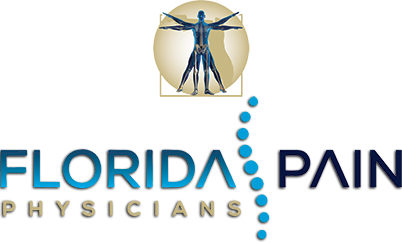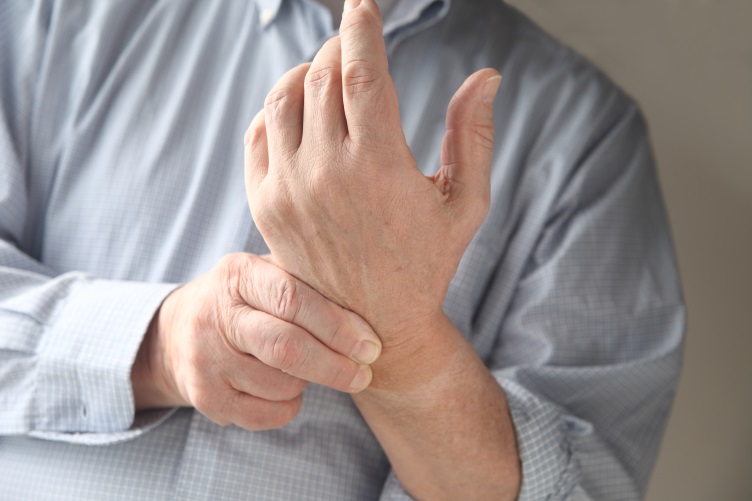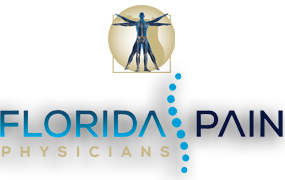Migraines are more than just a headache. They are a collection of symptoms that differ from person to person but maintain some shared characteristics. While a headache is the most common symptom, migraine sufferers can also experience ringing in the ears, shoulder or neck pain, nausea, sensitivity to light and sound, vomiting, irritability, and more. Additionally, some migraines don’t include headaches at all. Here are the common phases of migraine symptoms:
Prodrome – This migraine phase can begin as early as three days before the migraine reaches peak intensity. The prodrome consists of symptoms that alert you to the oncoming migraine, like food cravings, mood changes, muscle stiffness, fatigue, digestion issues, bloating, nausea, light and sound sensitivity, vivid dreams, or other symptoms. These can vary widely from person to person.
Aura – Next comes the aura, which typically lasts less than an hour and is comprised of neurological symptoms. These symptoms can include changes in vision, vertigo, tingling, numbness, difficulty speaking, confusion, partial paralysis, olfactory and auditory hallucinations, and changes in hearing.
Headache – The headache phase can last from one to 72 hours, and can include head pain along with light and sound sensitivity, nausea, vomiting, digestive issues. You can also experience symptoms like a runny nose, nasal congestion, sadness or anxiety, hot flashes, chills, dizziness, and dehydration during this phase as well
Postdrome – Once the most intense phase of the migraine is over, some migraine suffers also experience the postdrome phase where they can experience fatigue, changes in mood, muscle aches, dizziness, difficulty focusing, scalp tenderness, and a stiff neck.
Not all people who get migraines will go through all four phases, and sometimes two stages can happen concurrently. Your symptoms are unique. Get personalized treatment at Florida Coast Pain, which can include BOTOX for migraines in Jacksonville, FL. Make an appointment with our compassionate pain doctors today at 904.449.7246 or book your appointment online.








